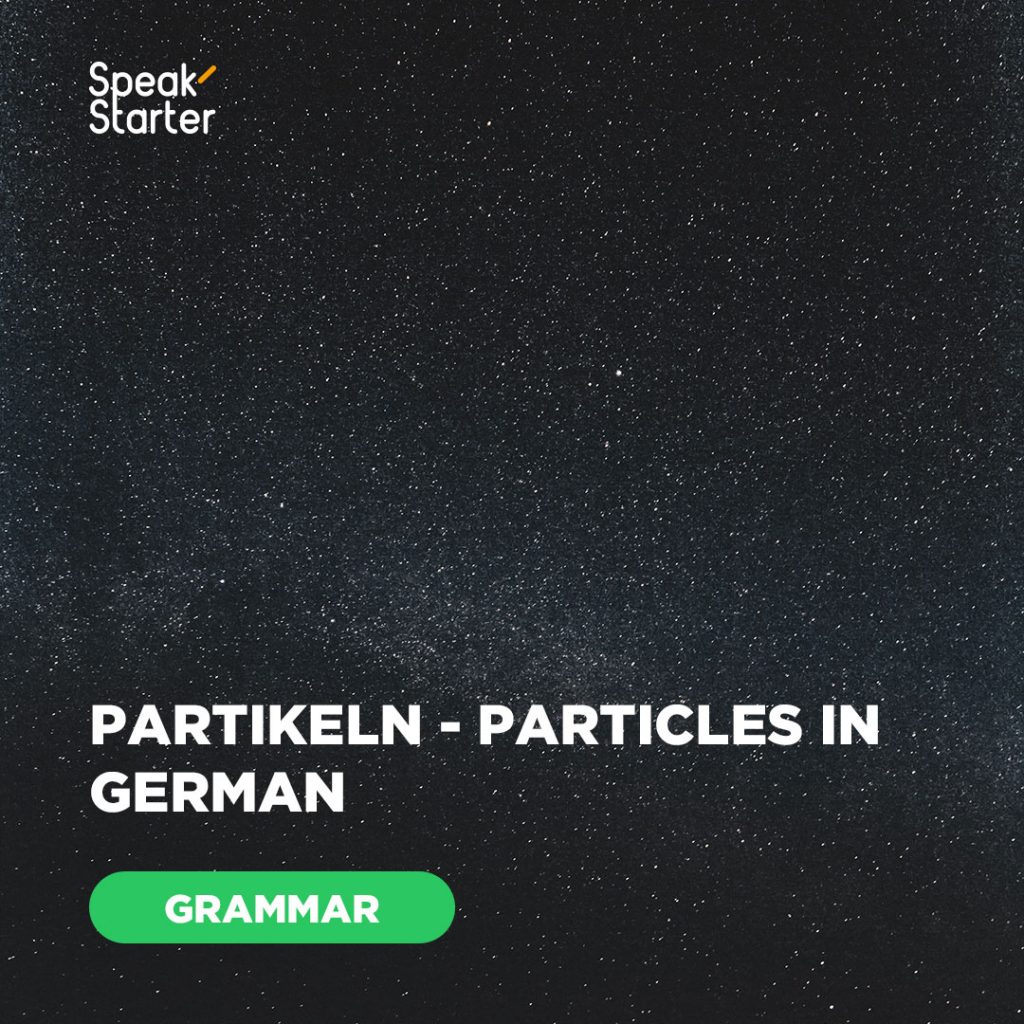Incredibly complex and at the same time infinitely simple topic of the German language are particles (Parikeln). A particle is a part of speech that has no independent meaning, but brings a certain emotional connotation to a sentence. Examples: “really”, “really”, “probably” etc.
Let’s parse the main particles in German:
Doch
Gives your proposal a tinge of a slight claim or disagreement: “You don’t know that?” It’s most often translated into Russian as “still,” “still,” “still.”
- Ich habe doch keine Zeit! – I don’t have time!
- Nein, die sind doch zu teuer – no, they’re still too expensive;
- Ich müsste das doch versuchen – I should have tried it after all.
Doch mal
Used in imperative (overbearing) proposals to make them more friendly.
- Geh doch mal mit mir – come with me.
Mal
This particle makes the overriding sentence not so strict and binding.
- Mach mal die Hausaufgaen – do your homework.
Aber
It is not easy to find an analogue in Russian as an option: ” yes/no/actually”. Here are some examples:
- Du hast aber spät gekommen – You’re late, actually.
- Aber ja! – of course!
Denn
It’s used in questions. Makes them more personalized and increases interest:
- Wo bist du denn? – Well, where are you?
Eigentlich
This particle is translated as “actually”:
- Wo ist eigentlich der Bus? – Where’s the bus, actually?
Ja
Translate as “yes.”
- Es ist ja nicht so – that’s not true;
- Ja sagen Sie mir mal! – Come on, tell me!
Why is this theme so complicated? Because there are no clear rules to these emotional particles, they are all blurred, and the translations into Russian are approximate. However, you can’t shove any particles into any sentences and think that “it’ll do”.
But the particles that we gave you can already be safely used as written above. The rest will come with experience.

